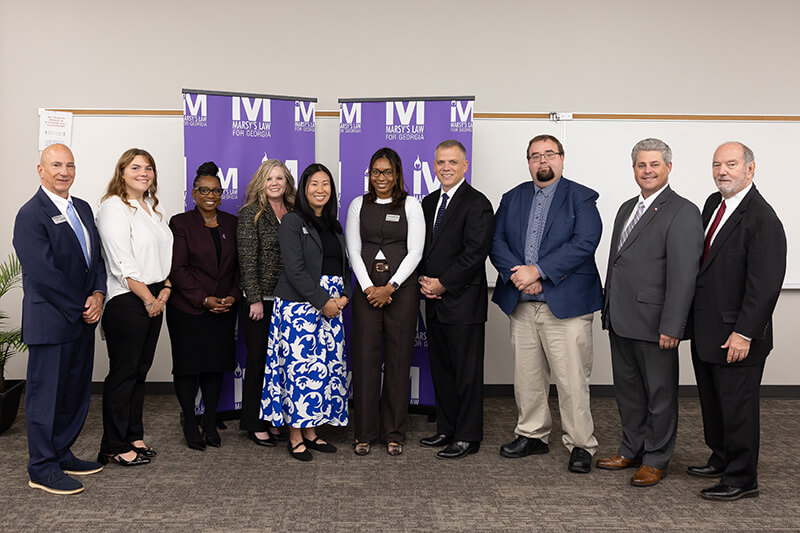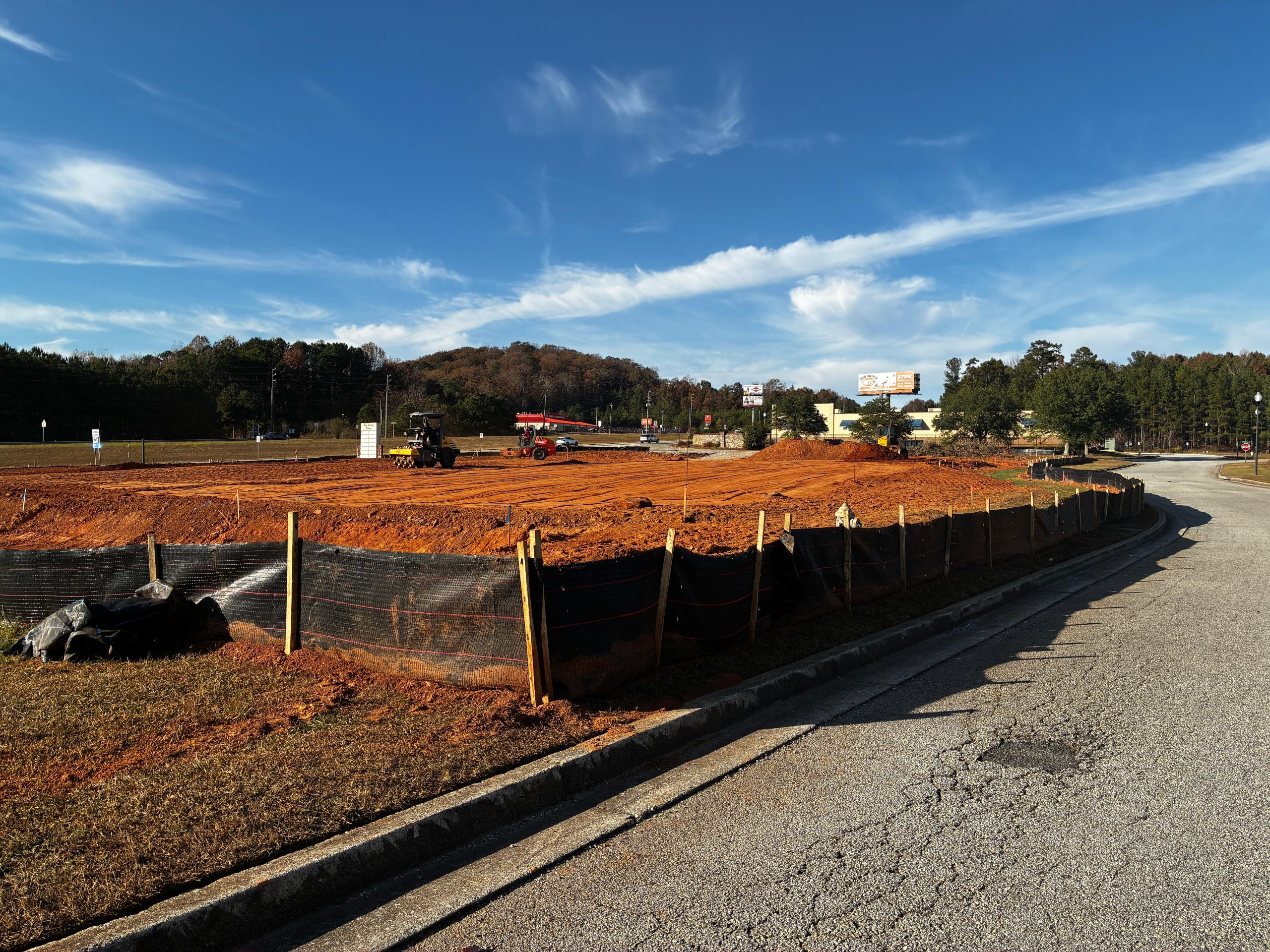On Thursday, Nov. 13, West Georgia Urology hosted a free prostate cancer screening event in Carrollton, Georgia.
The annual event, which began in 2010, aims to help men in the community who are 45 years old and older find prostate cancer early.
Mitchell Rauch, MD, Jessica Walbridge, NP-C, and Cory Harrison, NP, as well as additional team members and phlebotomists from Tanner Health, volunteered their time and screened 90 men throughout the event.
“It means so much to be able to offer free preventive screenings to our community,” said Hannah Woods, service line outreach coordinator for Tanner Health. “When you have physicians who truly show up for people — not just as medical experts but as neighbors who genuinely care — it creates a sense of trust and support you can’t put a price on. We’re grateful to have providers who are so committed to protecting the health and well-being of the folks who call this community home.”
According to the American Cancer Society, approximately one in eight men will be diagnosed with prostate cancer in their lifetime, and aside from skin cancer, it is the most common cancer in men in the United States. Symptoms include blood in the urine or semen, trouble urinating or frequent urination.
“Prostate cancer grows slowly and may not cause symptoms early on,” said Dr. Rauch. “This is why it’s so important for men, especially those who are older, are Black or have a family history of the disease, to get screened. I know a lot of men are wary of prostate cancer screenings and getting a digital rectal exam, but it’s one of the fastest, easiest methods of detecting this type of cancer in its early stages, which offers the best chance at treatment and recovery.”
As noted by Dr. Rauch, the two most common ways of detecting prostate cancer are a digital rectal exam, during which a healthcare professional checks the prostate for abnormalities via the rectum, and a prostate-specific antigen (PSA) test, which measures how much PSA is present in a person’s blood. High amounts of this protein, which is produced by the prostate, may signal cancer or other noncancerous conditions.
In addition to being screened regularly after age 45 to aid in early detection, there are many things men can do to help lower their chance of getting prostate cancer.
“Although there is no guaranteed way to prevent any type of cancer, there are a number of lifestyle changes that can help reduce your risk,” said Dr. Rauch. “These include exercising regularly, quitting smoking, limiting your alcohol intake, maintaining a healthy weight and eating plenty of fruits and vegetables.”
To schedule a prostate cancer screening, please contact your primary care provider. To learn more about the Tanner Cancer Care Promise, please visit TannerCancerCare.org.
West Georgia Urology is a practice of Tanner Medical Group, which is one of metro Atlanta’s largest multi-specialty physician groups. Learn more at TannerMedicalGroup.org.








